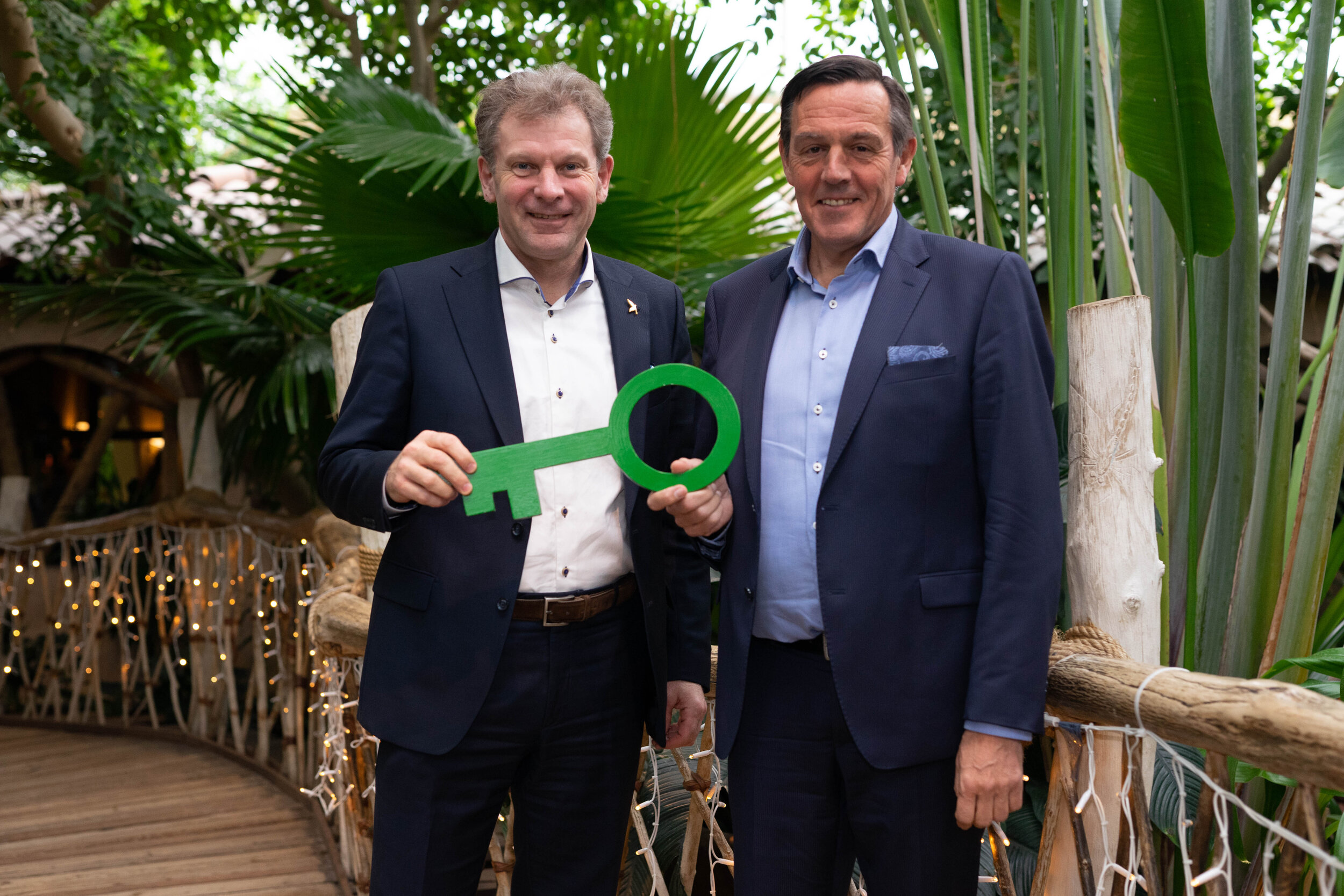Green Key was present at the “I Meet Hotel Conference - Amsterdam Edition” on 6 March 2020 at The Heineken Experience Centre, together with hospitality and travel professionals.
The conference organises speech sessions about the latest marketing, sustainability, technology and management trends in the hospitality industry. This year, the emphasize is put on the future of hospitality in a context of climate change and Green Key has already had the opportunity to be part of the discussion on 15 January 2020 during the Istanbul edition.
The Managing Director of KMVK Foundation (the Dutch organisation that runs Green Key in the Netherlands) Erik van Dijk represented Green Key and shared his long experience in hospitality and tourism. With over 600 Green Key certified establishments, including almost 360 hotels, the Netherlands has the biggest number of Green Key awarded establishments worldwide.
The aim of the panel discussion entitled "Climate emergency: the future of sustainability and your hotels" was to discuss the effects of climate change on the hospitality industry and why it is vital for the industry to take concrete actions to become more environmentally responsible. Furthermore, the demand for sustainability is growing since travellers and consumers are becoming more environmentally conscious and the hoteliers need to adapt to these changes.
Together with other experts, Erik van Dijk discussed the growing concerns over sustainability and the way over-tourism is changing people’s travel patterns. The panel provided the attendees with effective solutions that hotels can implement to lower their environmental footprint. An emphasis was put on the role of Green Key in this matter. Among others, lowering the use of single used plastic to a minimum, offering more vegan food and reducing food waste are one of the hottest topics for the upcoming years the hospitality industry should work on to be more sustainable.
















